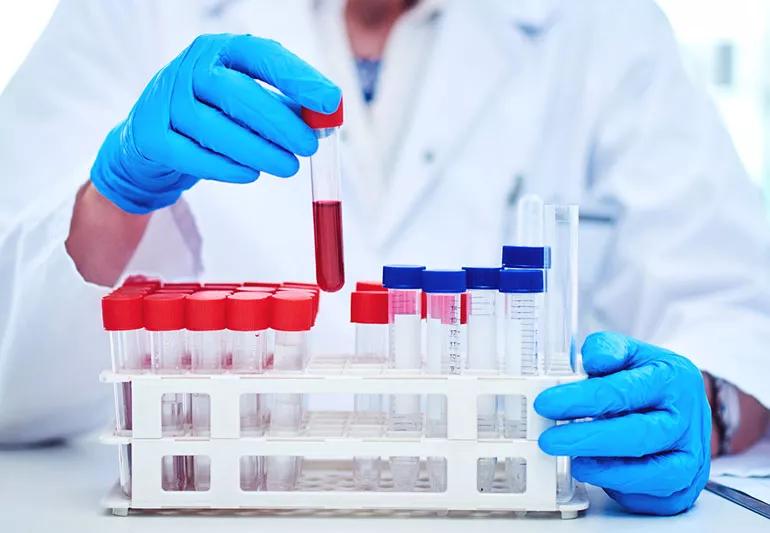Basic metabolic panel can point to diabetes, heart or kidney troubles

Image content: This image is available to view online.
View image online (https://assets.clevelandclinic.org/transform/c83ff32b-35fd-4c6c-830e-5a8b2c89529b/bloodTestMetabolism-1132208490-770x533-1_jpg)
blood being tested in lab
Your metabolism affects more than your girth, says family medicine physician Daniel Allan, MD. A basic metabolic panel (BMP) shows how well your body keeps all systems humming.
Advertisement
Cleveland Clinic is a non-profit academic medical center. Advertising on our site helps support our mission. We do not endorse non-Cleveland Clinic products or services. Policy
Here’s what you need to know about your BMP and what it measures:
Glucose is the type of sugar that your body uses for energy.
What’s normal: 70 to 99 mg/dL (after 8 to 12 hours of not eating).
Calcium is needed for many body functions, including building bones, heart function, muscle contraction and nerve signaling.
Electrolytes are minerals that maintain fluid levels and chemical balance in your body.
Blood urea nitrogen (BUN) is a waste product that kidneys filter out of your body.
Advertisement
Creatinine is a waste product that kidneys filter out of your body.
“Metabolism involves any way your body converts or uses energy,” says Dr. Allan. “That includes digestion, breathing, circulation, and functioning of your organs, muscles and nervous system.”
Your doctor can see how well your metabolism is working through your BMP. This blood test is like a scorecard for your kidney function, blood sugar levels and more. It can offer clues to help detect various diseases.
Don’t worry — abnormal results don’t necessarily mean you’re sick. Medication and other factors can affect your scores. Talk to your doctor about your test results. They will explain any areas of concern and help you determine next steps.
Advertisement

Sign up for our Health Essentials emails for expert guidance on nutrition, fitness, sleep, skin care and more.
Learn more about our editorial process.
Advertisement
The Galleri test can detect more than 50 kinds of cancer
A Q&A to prep for your fasting blood test
Lifestyle changes can bring a slight metabolic boost and health benefits
Successful weight loss takes a long-term commitment — build a healthy lifestyle you can stick with
Overweight and obesity increase your CKD risk, and may speed disease progression in people who have the condition
It depends on factors like your age, activity level and if you want to maintain, lose or gain weight
Avocados, cheese and nuts are high in calories but have big health benefits
Calorie counts on nutrition labels can be off by up to 20%
Although it could be used as a moisturizer, this new trend is not recommended
Communicating clear limits helps protect your time, energy and emotional well-being
High cholesterol can be genetic, but testing and treatment can lower your heart disease risk